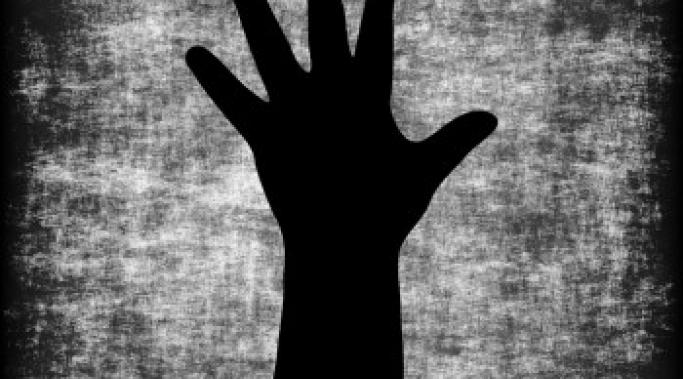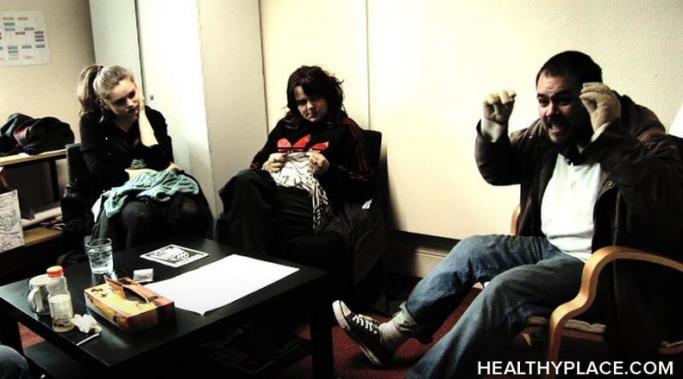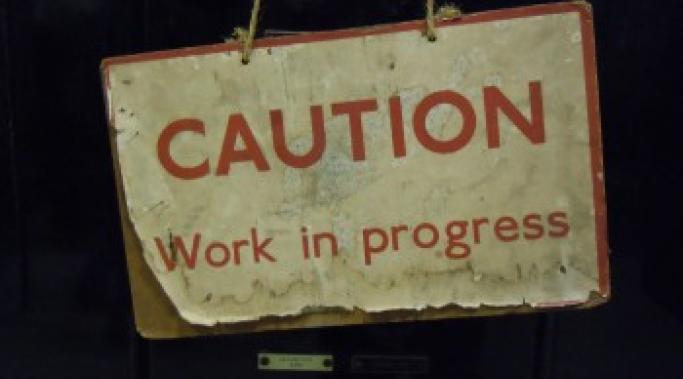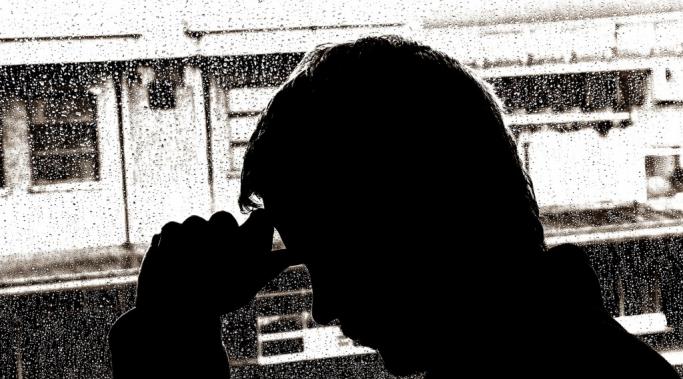With more than 1% of the population having dissociative identity disorder (DID), it's more likely than not that you know someone who has DID. He or she may be open about his or her diagnosis, or you may suspect the disorder even though he or she hasn't admitted it. So, what should you do if you think someone you know has DID?
Dissociative Living
Dissociative identity disorder (DID) remains a largely misunderstood diagnosis, and one of the things people need to understand is that dissociative identity disorder doesn't make you violent. Previously known as multiple personality disorder, or MPD, DID has been the topic of several television shows, books, and Hollywood films -- including the new movie Split, set to be released later this month. These portrayals, however, are not always accurate. Characters with DID are often portrayed as violent and dangerous, but that is not the reality. Dissociative identity disorder doesn't make you violent.
A dissociative identity disorder (DID) diagnosis doesn't always come as a surprise. You start out by ignoring DID signs and symptoms, until they can no longer be ignored. So you start searching online, and find out many of your symptoms fit with dissociation, and this disorder called DID. It can be overwhelming and confusing. So what should you do if you think you have dissociative identity disorder?
Holidays can be a stressful time for anyone, but when you have dissociative identity disorder (DID), handling holiday stress can be especially overwhelming. Anniversary reactions, sensory overload, and boundary violations are common stressors for those with DID, and are most prevalent around the holidays. It may feel overwhelming, but there are ways to handle the holiday stress when you have DID.
There can be a lot of unknowns in dissociative identity disorder (DID), including what parts make up your DID system. While some people with DID seem to know everything about their alters, there are others with who don't even know how many parts they have. It can be frustrating when you don't have all the answers, but it's okay not to know everything. You can still live, and you can still heal, even when your DID system parts are unknown.
A dissociative identity disorder (DID) diagnosis is complex and sometimes people blame themselves for their dissociative identity disorder. When people learn that they have DID, they tend to have a lot of questions, and unfortunately, there aren't always as many answers. People want to know what caused their DID. People want to know who is to blame. Sometimes that blame ends up turning inward. So what can you do when you start blaming yourself for your dissociative identity disorder?
At one year after my dissociative identity disorder diagnosis, I can say I have learned a lot. When you receive a dissociative identity disorder (DID) diagnosis, your life changes (Criteria for Dissociative Identity Disorder in the DSM-5). You learn to adjust your life as a multiple in a world designed for singletons. Those adjustments aren't easy, but you try and figure it out. Some changes can lead to progress, while other changes can set you back. So does living with DID get easier over time? Is one year after my dissociative identity disorder diagnosis easier than day one?
Many people with dissociative identity disorder (DID) experience symptoms of depression. Sometimes, the depressive symptoms are minor and intermittent. Other times, the symptoms are substantial enough to result in an additional diagnosis of a depressive disorder. In either case, depressive symptoms can have a significant impact on those with DID, and can make living with DID a little more complex.
Life with dissociative identity disorder (DID) is often filled with self-doubt. People with DID doubt their memories and doubt themselves. It is especially difficult in the beginning of a DID diagnosis, when the urge to engage in denial is often the strongest. But the tendency towards self-doubt doesn't stop there; it can continue for years. One cause of consistent self-doubt is related to a type of psychological abuse experienced by many with DID: gaslighting.
Suicide risk in dissociative identity disorder (DID) is a significant concern (Facts About Suicide). People with DID have one of the highest risks for suicide. According to the Diagnostic and Statistical Manual of Mental Disorders (DSM-5), more than 70% of outpatients with DID have attempted suicide, and multiple suicide attempts are common. What causes this increased suicide risk in DID, and can it be prevented?









